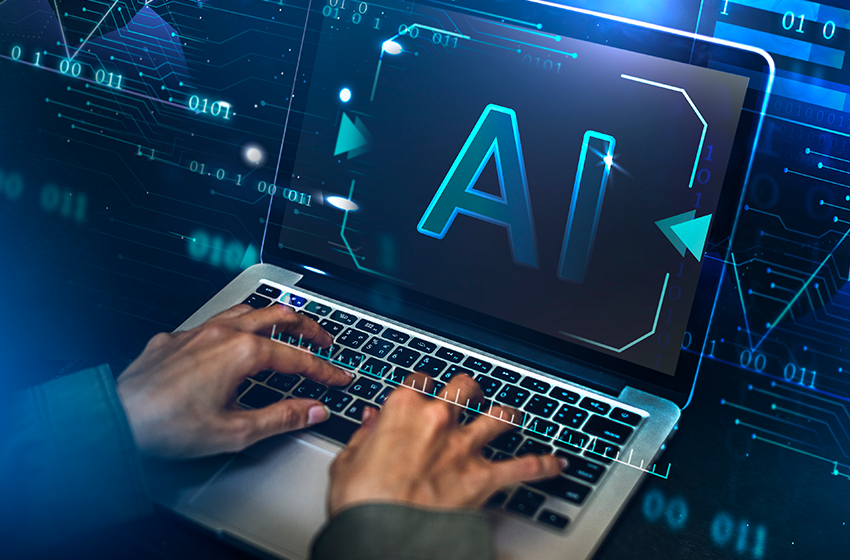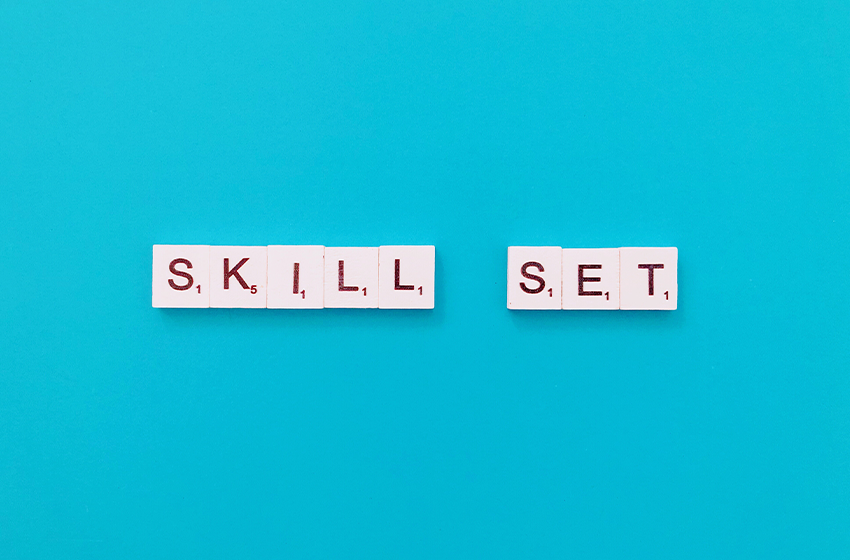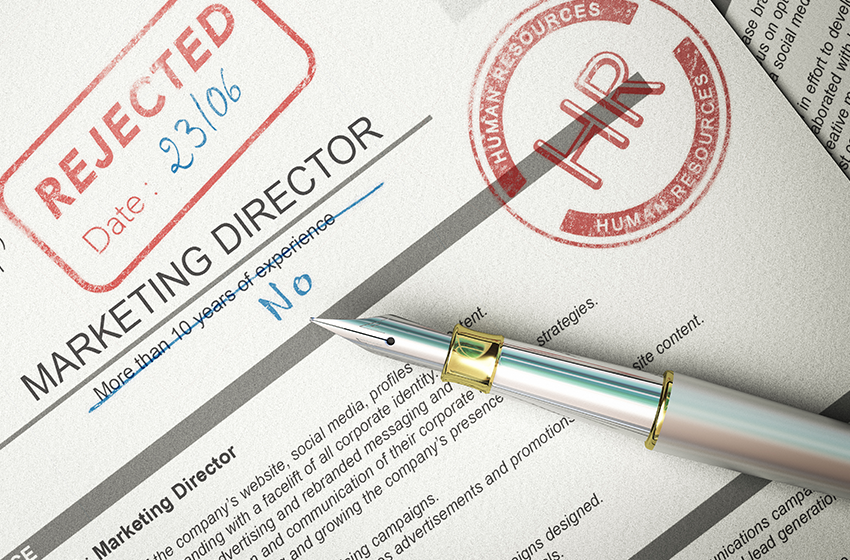With artificial intelligence on the rise, it is a genuine possibility that they could eventually take over all of our jobs; many people worry that robots will eventually be invented that can do all of the jobs that humans currently do.
- Development
Artificial intelligence is on the rise; developers are focussing a lot of time and resources on developing great technology that can make our lives easier. Robots used as therapeutic aids are in development at present; these are the ultimate test as emotional jobs have been viewed as irreplaceable jobs for a long time. Many mass producers are replacing jobs that once required humans with robotic machines instead as they cost less and don’t have the added negative aspect of human error. Human error is natural as no person is perfect; it is a factor that can cost money and time, whereas machines do not have this problem. Many jobs are being constantly replaced with smarter, better, and cheaper machinery, which means the employer has fewer overheads and can safely guarantee that their manufacturing process is smoother. With the ever-evolving technology, it is no surprise that more manual jobs have been replaced with cheaper alternatives; it is a sad but undeniable benefit of technology development.
- Benefits
Whilst it can be seen as a negative, artificial intelligence boasts a lot of benefits. While many people view artificial intelligence as robots that walk and talk, artificial intelligence is a vast spectrum. Artificial intelligence can be as simple as the machine that quality controls the quality of chocolate in a chocolate bar; it is varied. Artificial intelligence-based machines can pick up on changes and problems that aren’t visible to the naked eye; they can often complete work quicker than humans can. Whilst people can still feel that machines are “taking over,” it is important to remember the medical benefits of AI machinery. There are plenty of medical procedures which rely on the outputs given by artificial intelligence machines; these are invaluable. Machines can provide quicker test results than human testing, detect illnesses from samples provided and give a deeper insight into health conditions at a far quicker pace than humans can perform these tests. This is a significant revelation within technology as anything that saves time and can give people potentially life-changing diagnoses quicker is crucial within the medical field.
- The future
The future of artificial intelligence, whilst unpredictable, is predictable at the same time. There are currently underway projects to create a consciousness within artificial intelligence; this leads to questions over whether there could eventually be AI taking over the jobs that usually require human emotion and so are irreplaceable. AI is very beneficial in areas such as medical or scientific as they produce work with zero errors and speed up diagnosis processes.









